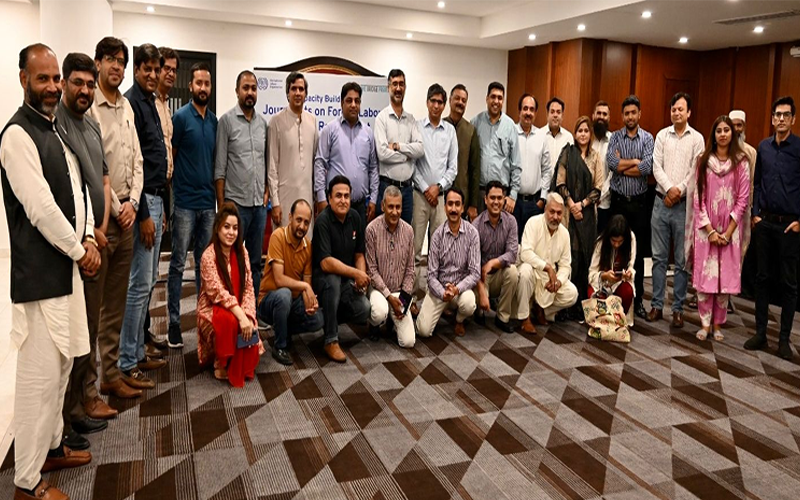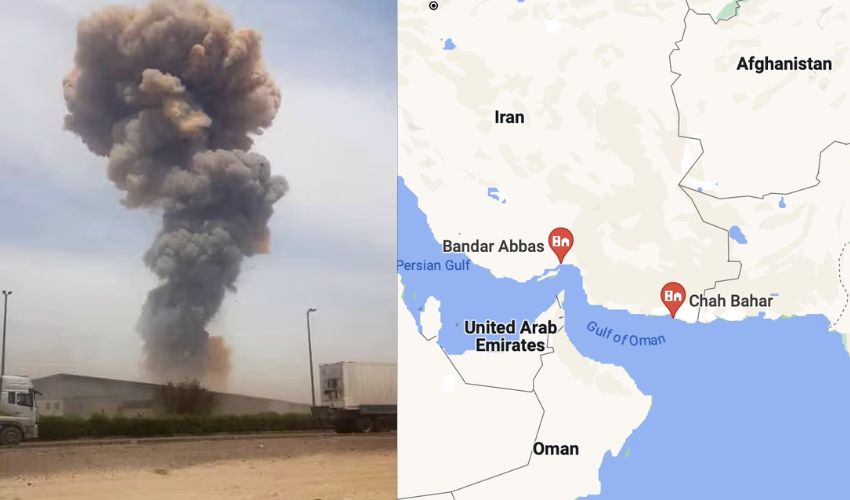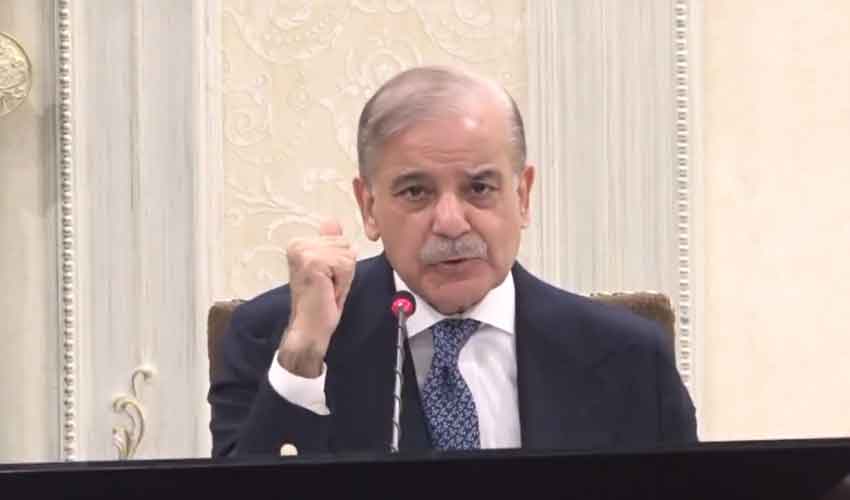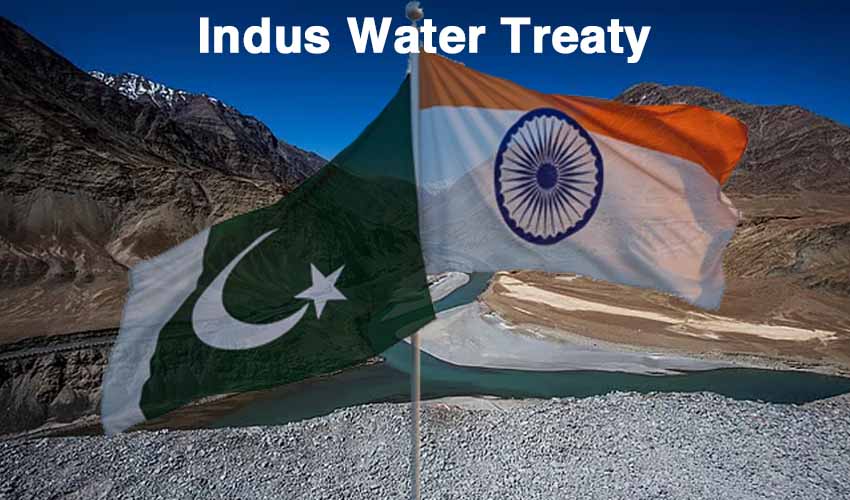About 3.4 million individuals in Pakistan are victims of forced labor, which is illegal and constitutes a serious breach of human rights, according to the International Labor Organization (ILO). Over 10 percent of the 28 million victims globally are represented by this number. Given that migrant laborers are three times more likely than non-migrants to be subjected to forced labor, their situation is especially concerning. This issue requires immediate attention, as over 6.5 million Pakistanis have used legal means to look for work overseas in the previous 10 years, particularly in Gulf Cooperation Council nations like Saudi Arabia and the United Arab Emirates.
The International Labor Organization (ILO) and the US Department of Labor (USDOL) collaborated to arrange a two-day training program in Lahore to address this important topic. Under the direction of the "Bridge Project," a project to eradicate forced labor and advance fair labor practices, the session was conducted at a nearby hotel. The workshop's objective was to provide journalists with the know-how they would need to cover forced labor and fair hiring practices in their reporting.
The workshop was attended by 35 journalists representing various media platforms, print, electronic, radio and digital.
The media plays a crucial role in educating the public about forced labor and promoting ethical hiring practices, according to Dr Faisal Iqbal, the ILO National Project Coordinator. Dr Iqbal expressed worry over the frequency of forced labor in Pakistan, which has resulted in an estimated 3.4 million deaths, and stated that "the media can play a key role in shaping public perceptions about forced labor and labor migration."
In his explanation of the goals and significance of the "Bridge Project," Dr Iqbal emphasized the need for truthful reporting on forced labor and equitable hiring practices. To detect forced labor, he listed 11 internationally recognized ILO indications, such as debt, abuse of authority, fraud, movement limitations, isolation, physical and sexual abuse, and withholding of wages. include overwork, cruel living and working conditions, and slavery.
During the program, renowned journalists Sabukh Syed and Aoun Sahi gave thorough training sessions on a variety of topics related to labor migration and forced labor. The significance of media in identifying stories, pitching, gathering information, and executing successful cross-platform storytelling was emphasized by Sahi. Sahi emphasizes the significance of taking a rights-based and gender-sensitive stance, stresses the need to humanize the story of forced labor and equitable hiring, and addresses ethical issues, especially when speaking with survivors.
During the session, the results of an ILO report titled "Profits and Poverty: The Economics of Forced Labor," which was published in March 2024, were also discussed. The report's startling statistics estimated that forced labor generates $236 billion in revenue and expenses annually worldwide. In the world, forced labor affects 3.5 out of every 1,000 individuals; the three main industries affected are agriculture, services, and industries.
The workshop concluded with great interest from the participants and active participation in discussions, group work, and practical exercises, reflecting the commitment to fight against forced labor and promote fair recruitment practices in Pakistan.



























